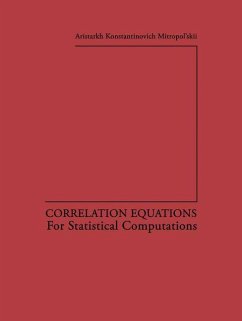High Quality Content by WIKIPEDIA articles! The natural logarithm is the logarithm to the base e, where e is an irrational constant approximately equal to 2.718281828. The natural logarithm is generally written as ln(x), loge(x) or sometimes, if the base of e is implicit, as simply log(x). The natural logarithm of a number x is the power to which e would have to be raised to equal x. For example, the natural log of e2 (approximately 7.389) is 2, the natural log of e itself is 1 because e1 = e, while the natural logarithm of 1 would be 0, since e0 = 1. The natural logarithm can be defined for all positive real numbers x as the area under the curve y = 1/t from 1 to x. The simplicity of this definition, which is matched in many other formulas involving the natural logarithm, leads to the term "natural." The definition can be extended to non-zero complex numbers, as explained below.







